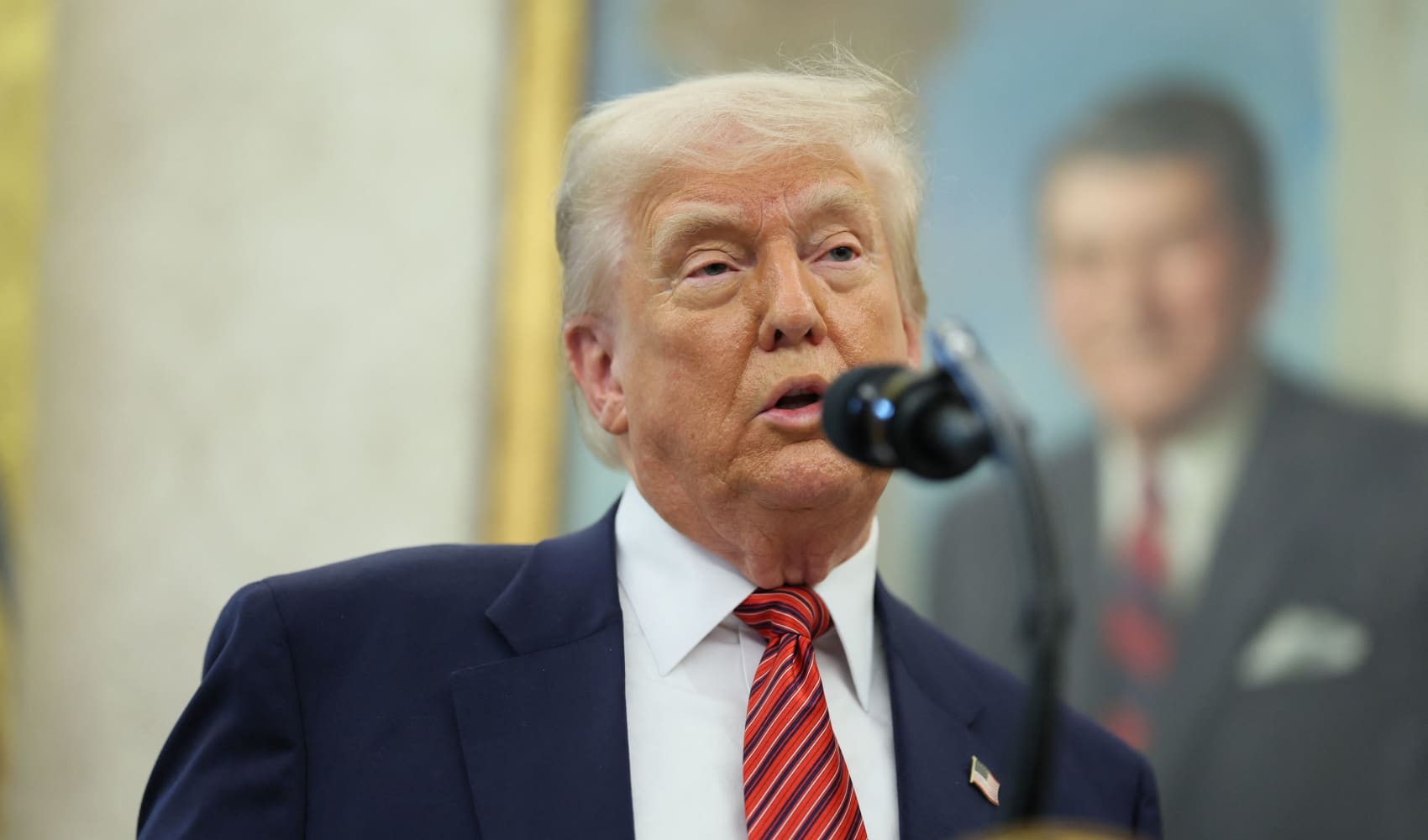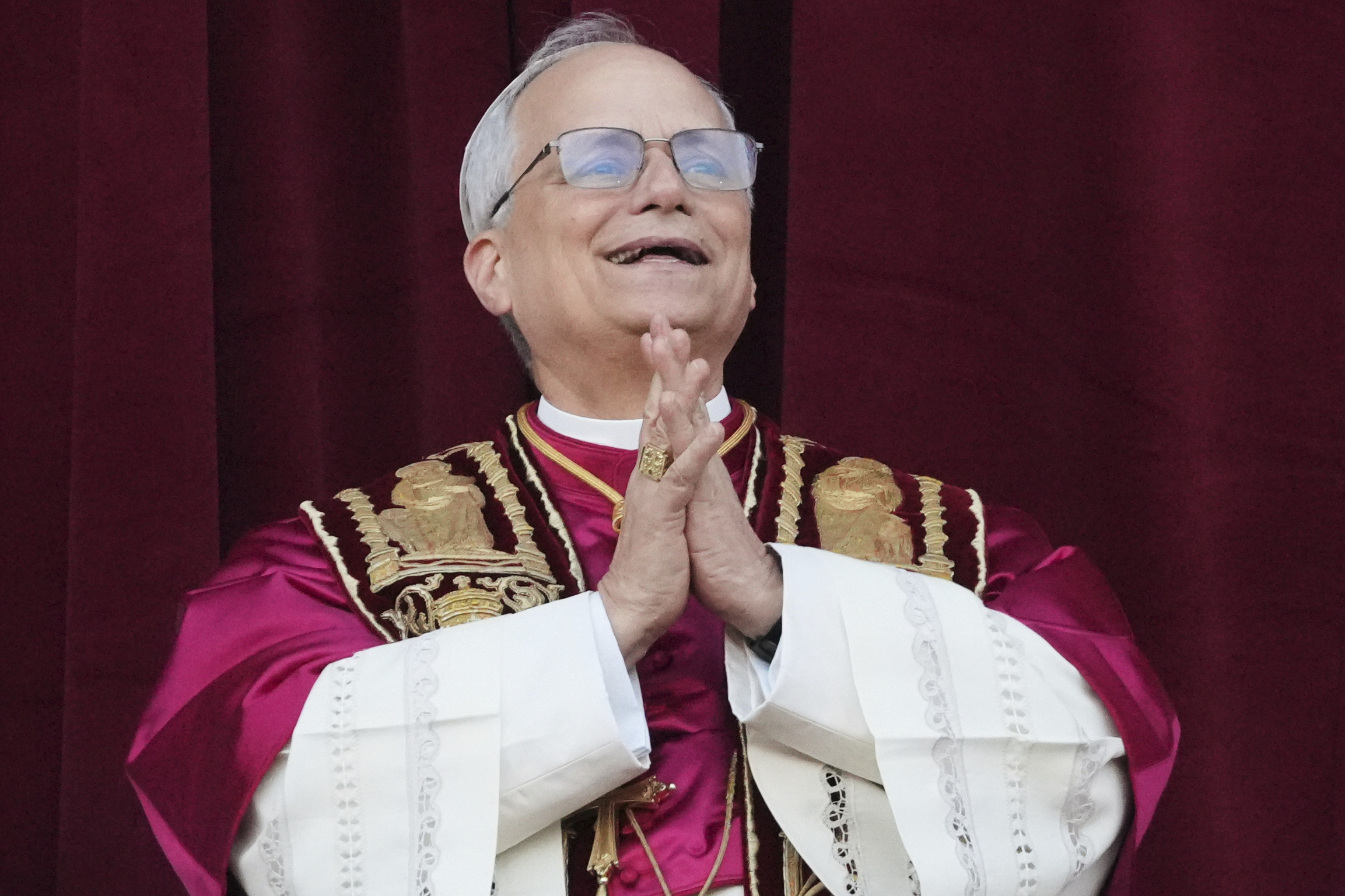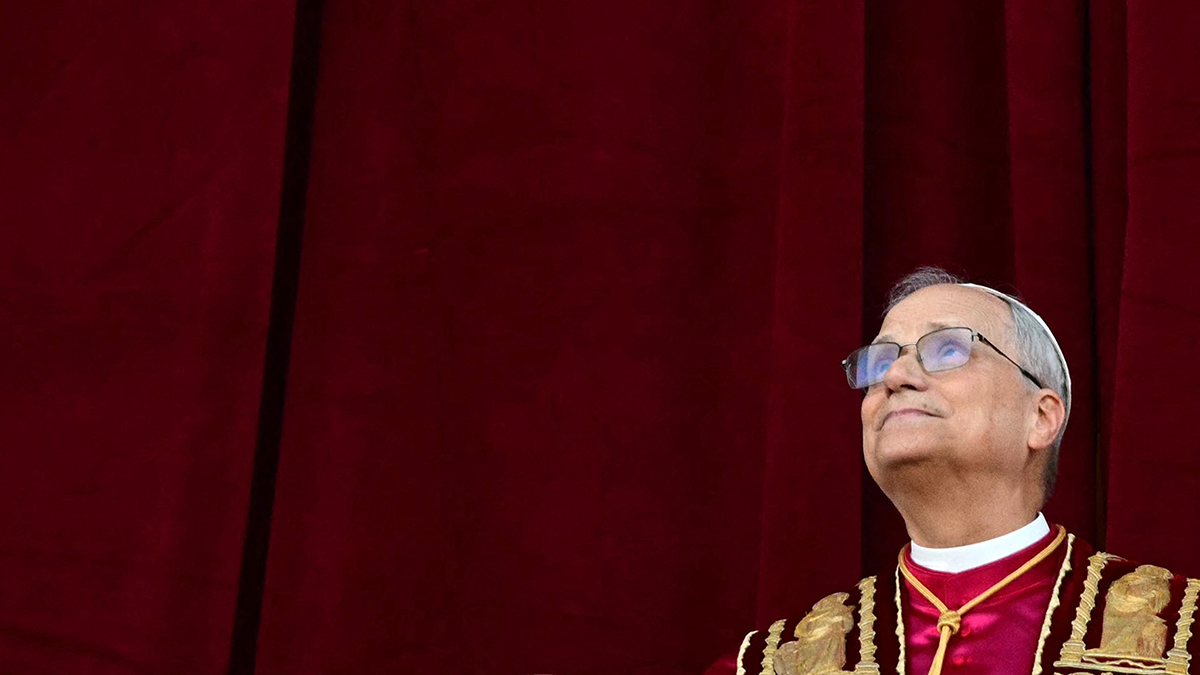India-Pakistan Peace: Trump's Role and Path to Resolution
Trump Steps In: Can He Broker Peace Between India and Pakistan?
Introduction: A Troubled Region, A Potential Peacemaker?
The volatile relationship between India and Pakistan has been a geopolitical hot potato for decades. We've seen simmering tensions, outright conflicts, and countless attempts at mediation. Now, enter former President Donald Trump. Following a particularly devastating terror attack in Kashmir, Trump offered to help de-escalate the situation. But can he succeed where so many others have faltered? Let's delve into the complexities of this offer and the challenges that lie ahead.
The Kashmir Flashpoint: Understanding the Roots of the Conflict
Kashmir, a region claimed by both India and Pakistan, is at the heart of this long-standing dispute. It's a beautiful land, but also a battleground of ideologies and nationalistic fervor. The region has witnessed numerous insurgencies, cross-border skirmishes, and human rights concerns. The terror attack mentioned, claiming 26 lives in late April, was just the latest spark in a powder keg that's been around for decades. It’s crucial to understand this history to appreciate the sensitivity surrounding any attempts at intervention.
India's Response: Strikes Against Pakistan
In the aftermath of the attack, India responded with what they described as "strikes against Pakistan." The details of these strikes remain somewhat unclear, but the message was loud and clear: India was unwilling to tolerate acts of terror emanating from Pakistani soil. This retaliatory action further heightened tensions, pushing the two nations closer to the brink of another conflict. It's a classic case of action and reaction, isn’t it?
Trump's Offer: A Bold Move or a Diplomatic Gambit?
Trump, known for his unconventional approach to diplomacy, offered to help "dial back" tensions. This offer, made after swearing in former Sen. David Perdue as U.S. ambassador to China, caught many by surprise. Was it a genuine attempt to foster peace, or a calculated move on the international stage? Only time will tell if this offer has any substance, but it certainly grabbed headlines.
"I Get Along With Both": Trump's Claim of Neutrality
Trump stated, "My position is I get along with both." While this sounds promising, the reality is far more complex. Maintaining a truly neutral stance in this conflict is a delicate balancing act. Both India and Pakistan have their own narratives and expectations, and satisfying both simultaneously is a Herculean task. Can any leader genuinely be perceived as impartial in this deeply entrenched dispute? It’s a tough question.
The Challenges of Mediation: A Minefield of Obstacles
Mediating between India and Pakistan is like navigating a minefield. There are historical grievances, deep-seated mistrust, and domestic political considerations on both sides. Any mediator must possess exceptional diplomatic skills, a thorough understanding of the region, and the ability to build trust with both parties. It's a tall order, to say the least.
Historical Precedents: Failed Attempts at Peace
Numerous attempts have been made to resolve the India-Pakistan conflict, with varying degrees of success. From the Simla Agreement to the Lahore Declaration, these initiatives have often been derailed by subsequent events. This history of failed attempts underscores the immense difficulty of achieving lasting peace. Learning from these past failures is essential for any future mediation efforts.
The Role of the International Community: Beyond Trump
While Trump's offer is noteworthy, it's important to remember that the international community as a whole has a role to play. The United Nations, other major powers, and regional organizations can all contribute to creating an environment conducive to dialogue and peaceful resolution. It shouldn't rest solely on one person's shoulders.
The Geopolitical Implications: A Region in Flux
The India-Pakistan conflict has significant geopolitical implications, not only for South Asia but for the wider world. The region is strategically important, and instability can have far-reaching consequences. A peaceful resolution would unlock tremendous potential for economic growth and regional cooperation. The stakes are incredibly high.
Domestic Considerations: Politics at Play
Domestic politics in both India and Pakistan often play a significant role in shaping their respective approaches to the conflict. Hardline stances and nationalist rhetoric can be politically advantageous, but they can also hinder efforts at reconciliation. It’s a tightrope walk for leaders who must balance domestic pressures with the need for regional stability.
The Importance of Dialogue: Building Bridges, Not Walls
Despite the challenges, dialogue remains the most promising path towards resolving the conflict. Direct communication between leaders, Track II diplomacy, and people-to-people exchanges can help build trust and foster understanding. Building bridges, not walls, is the key. It takes immense courage to engage in dialogue, especially when the wounds of the past are still raw.
Economic Cooperation: A Path to Prosperity
Economic cooperation between India and Pakistan could be a game-changer. Increased trade, joint infrastructure projects, and regional integration could create mutual benefits and reduce incentives for conflict. When people have a shared economic interest, they are less likely to resort to violence. Think of it as baking a bigger pie for everyone.
The Human Cost of Conflict: A Tragedy for Generations
The India-Pakistan conflict has had a devastating human cost. Countless lives have been lost, families have been displaced, and communities have been torn apart. The emotional scars of the conflict run deep, and it will take generations to heal. It is essential to remember the human cost of conflict when evaluating the potential for peace.
The Future of Kashmir: A Complex Question
The future of Kashmir remains a complex and contentious issue. Finding a solution that is acceptable to all parties involved – including the people of Kashmir themselves – is a daunting task. Whether it's autonomy, self-determination, or some other arrangement, the answer requires careful consideration and a willingness to compromise. Is there a win-win solution out there? That's the million-dollar question.
Beyond Trump: The Long Road to Peace
While Trump's offer may have sparked a conversation, the road to peace between India and Pakistan is a long and arduous one. It requires sustained effort, genuine commitment, and a willingness to overcome historical baggage. There is no quick fix or easy solution. Real and lasting peace will take time, patience, and courageous leadership from both sides.
Conclusion: Hope Amidst the Challenges
The India-Pakistan conflict is a complex and deeply rooted issue. While Trump's offer to mediate has generated interest, the challenges to achieving lasting peace remain significant. Dialogue, economic cooperation, and a focus on the human cost of conflict are essential elements in the search for a peaceful resolution. While the path ahead is uncertain, hope for a more peaceful future must persist.
Frequently Asked Questions (FAQs)
Here are some frequently asked questions about the conflict and potential resolutions:
- Q: What is the main cause of the conflict between India and Pakistan?
- A: The primary cause is the dispute over the region of Kashmir, claimed by both countries. This has led to wars, skirmishes, and ongoing tensions.
- Q: Has there ever been a successful mediation between India and Pakistan?
- A: While there have been periods of improved relations and agreements signed, no lasting and comprehensive resolution has been achieved through mediation.
- Q: What role does terrorism play in the conflict?
- A: Terrorism, particularly attacks originating from Pakistan-based groups, significantly escalates tensions and undermines peace efforts.
- Q: What are the potential consequences of another war between India and Pakistan?
- A: Another war could have catastrophic consequences, including significant loss of life, economic disruption, and potential regional instability.
- Q: What can ordinary citizens do to promote peace between India and Pakistan?
- A: Ordinary citizens can promote peace by fostering dialogue, challenging stereotypes, supporting initiatives that promote understanding, and advocating for peaceful resolutions.


